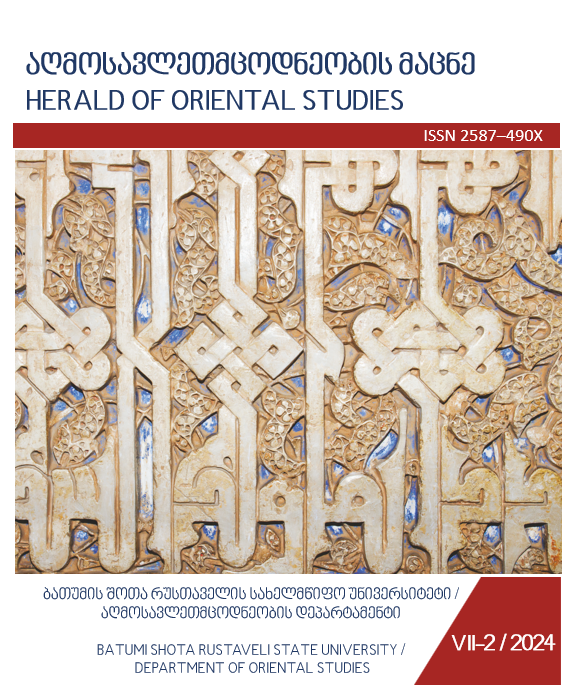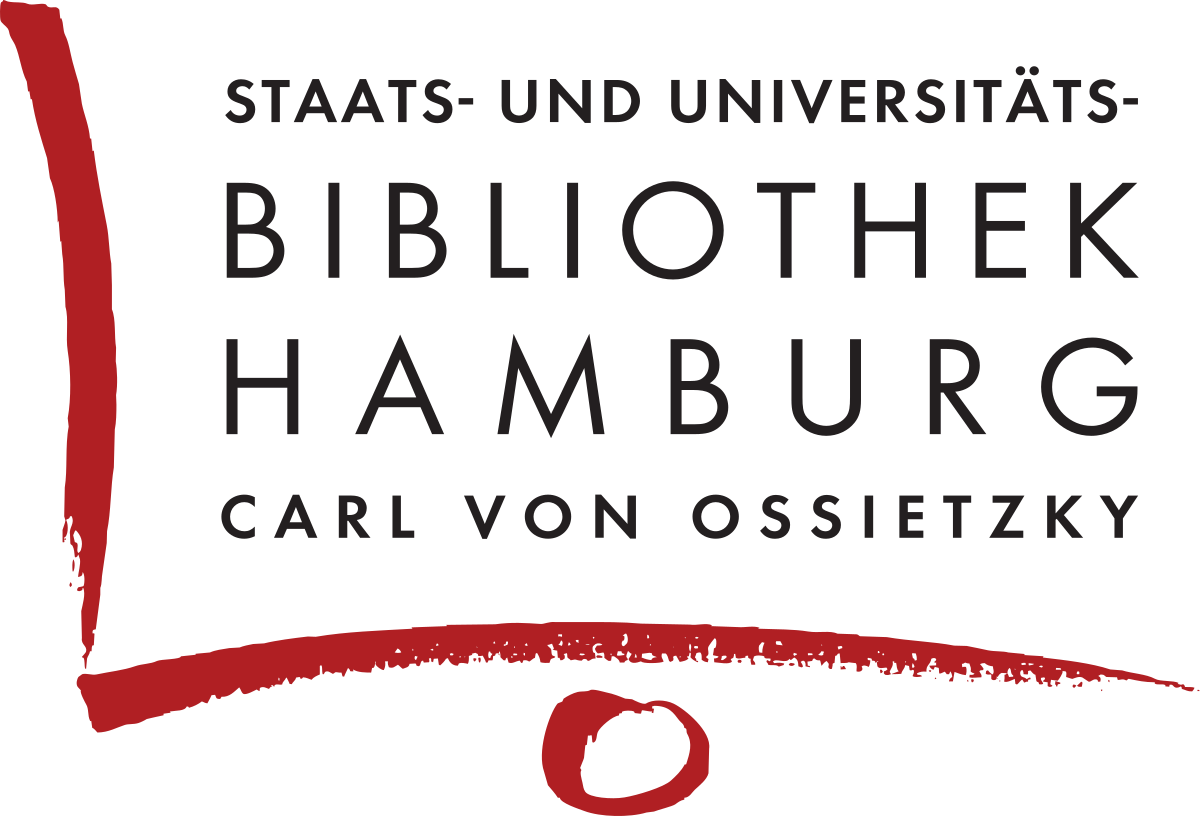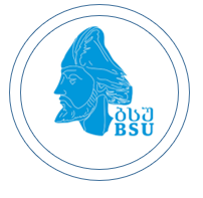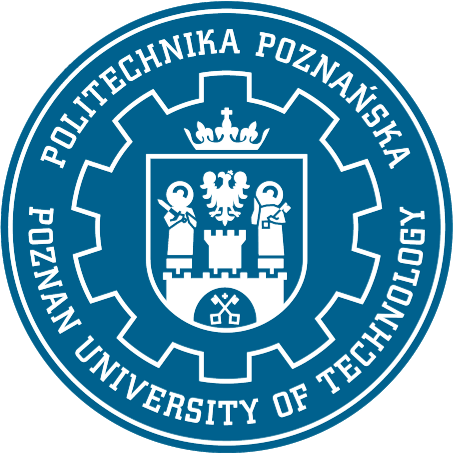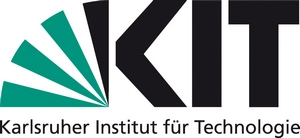Turkish Foreign Policy During the Rule of Turgut Özal
DOI:
https://doi.org/10.61671/hos.7.2024.8277Keywords:
Turkey, Turgut Ozal, foreign policy, globalization, Economic and political changesAbstract
The presented work discusses and analyses important issues of Turkish foreign policy in 1983-1993. In 80-90ies of the twentieth century Turgut Ozal played a crucial role in social-economic and political development of the Turkish republic. He was first a prime minister (1983-1989) and then the president of the country (1989-1993). Economic and political changes made in this period significantly determined further development of the country. It is worth noting that Ozal was the one who envisaged both sides of globalization, both prospects and risks, much earlier than his contemporary leaders.
Ozal carried out a rather active foreign policy which aimed at creating conditions for accelerated economic development. Ideological influence declined in Ozal’s foreign policy and it became more pragmatic. The peculiarity of Ozal’s foreign policy was the fact that it was focused on economic interests of the country.
Taking into consideration the country’s geostrategic and geopolitical location, Turkey carried out a diversified and active foreign policy and was focused on improving multilateral cooperation. Along with relations with western countries, the significant direction of foreign policy of Turkey in 1980s was approximation with Muslim countries with the purpose of trade-economic cooperation. In Ozal’s times, foreign policy of Turkey was more focused on such regions as central Asia, Caucasus, the Balkans and Near East. Turkey was trying to become the political and economic center of these regions. Ozal did not regard relations with eastern countries as a replacement of relations with the West. Vice versa, this should have contributed to strengthening relations of Turkey with the West.
Ozal considered that Turkey should have become the connecting bridge between the Islamic world and the western one, which would support development of economic cooperation and significantly contribute to peace strengthening both in the region and the whole world. Ozal was a pragmatic person and his decisions at the international and regional level corresponded with national interests in that period. Together with moving to the free market economy and the open door policy Turkey managed to become the region’s leading state. The foreign policy which Ozal government used to carry out in 1980s, played a respective role in this.

